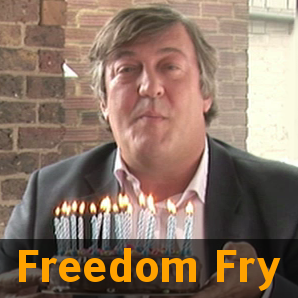Recently, I’ve been doing a lot of thinking — and a bit of talking — about what software freedom means in the context of network services. I gave a talk on this subject at the most recent FSF members meeting and at Sun’s Community One. In a few days, I’ll be giving another at Wikimania in Alexandria, Egypt.
A few months ago, I worked with the FSF to organize a meeting of free software hackers and scholars to talk about the issues. Today, that group is announcing the first two concrete results of that project.
The first is a blog and a wiki called autonomo.us. The project aims to provide a space to continue, expand, and open up the work that was done at the FSF in March. Our aim is to explore the implications and responses to network services in relation to software. We’re going to do that by continuing to take notes in the wiki and by publishing articles, essays, and documents that help inform the discussion about software freedom and network policies. We will be working independently from, but closely with, the Free Software Foundation, and with others in the free and open source software communities. Our goal is not to set policy, but to explore the space and inform the discussion about autonomy and user freedom in cloud computing and software as a service.
The second announcement is the first concrete product of autonomo.us’s work: a statement we’re calling the Franklin Street Statement on Freedom and Network Services. It lays out our initial consensus on positive steps that developers, service providers, and users can take.
If you want to follow our work, please subscribe to the autonomo.us blog and check out some of our work so far. If you’ve got thoughts and things to contribute, you can mail or get to work in our wiki. You can read our about page for more information about us and our goals.
In a coordinated move, the Open Knowledge Foundation (which I help advise) is launching the 1.0 version of their Open Software Service Definition.
There is a whole lot we need to learn, think through, and do before we have reasonable answers to the problems to freedom posed by network services. Today marks the beginning of several wonderful steps toward some of these answers.

